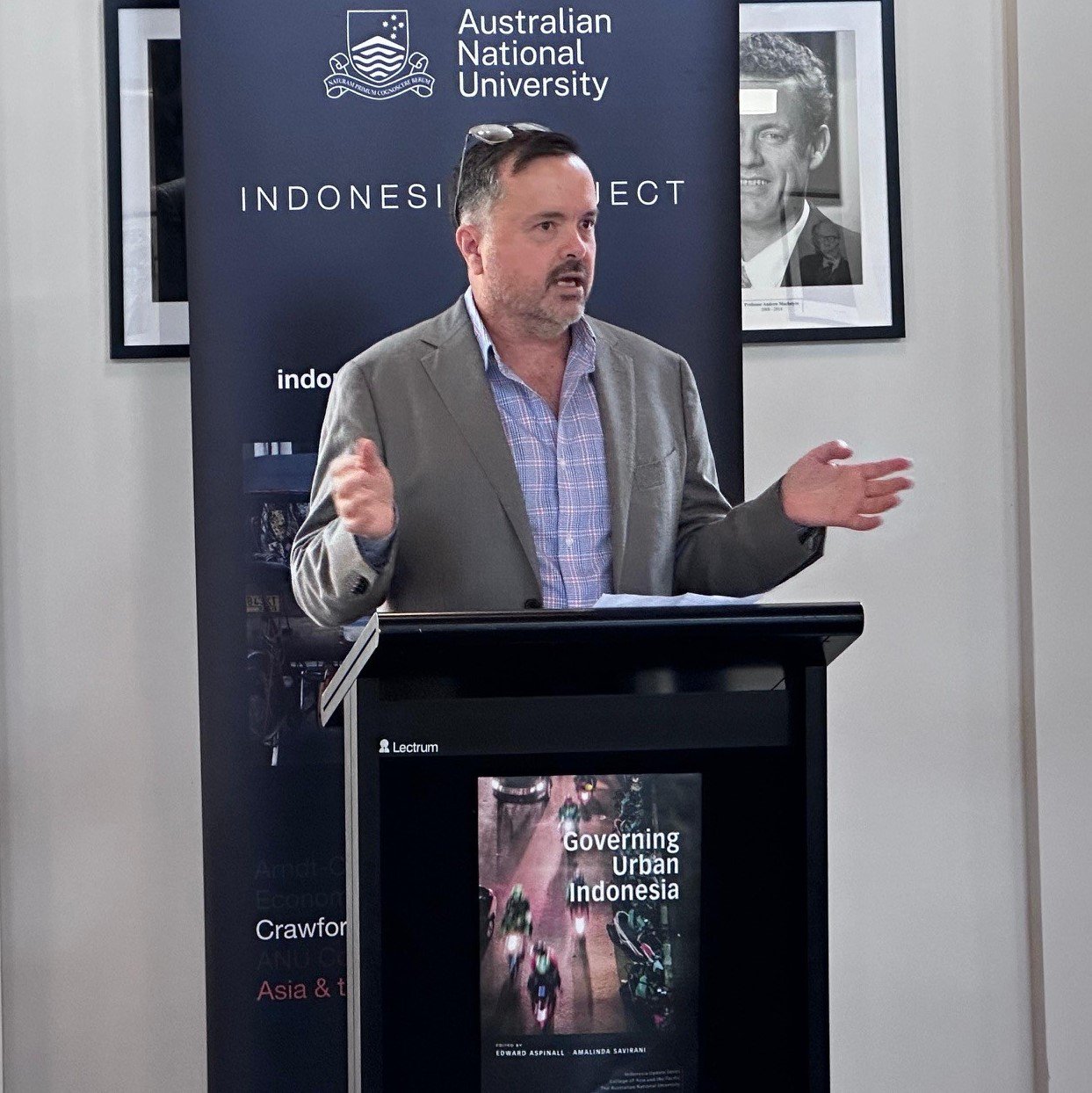Governing urban Indonesia
Indonesia has become a majority urban society. Despite the classic images of rice fields, volcanoes and rural life we often associate with the country, now almost 60 per cent of Indonesia’s people live in cities, towns, suburbs, gated communities and other urban areas. Urbanisation has brought with it a familiar range of problems, including some of the worst traffic jams and air pollution in the world, housing scarcity, periodic flooding and dramatic land subsidence. These problems pose massive challenges to Indonesian governments as they try to provide clean water, public transport, housing, garbage disposal and other services to urban dwellers.
Governing Urban Indonesia brings together scholars and practitioners with diverse backgrounds to examine how urbanisation is remaking Indonesia, and how governments are responding. It focuses on how varied political patterns are shaping urban governance, enabling some cities to pioneer improved service delivery and better public amenities for their citizens, while others stagnate. And it brings to bear multiple perspectives on how historical legacies, changing residential patterns, social inequality and myriad other factors are combining to produce a new social and political landscape across urban Indonesia.
This book is part of the Indonesia Update series published by ISEAS-Yusof Ishak Institute since 1994. Download the table of contents and Chapter 1 free. Purchase the book from ISEAS through this link.
Editors: Edward Aspinall, Amalinda Savirani
Date of publication: 2024
Publisher: ISEAS – Yusof Ishak Institute
Number of pages: 339
Hard Cover ISBN: 9789815203721
Soft Cover ISBN: 9789815203714
Governing urban Indonesia Book Launch
2024 Book Launch Canberra - 30 September 2024
At the launch of Governing Urban Indonesia, book editor Ed Aspinall provided an insightful overview of the publication. Hosted by Budy Resosudarmo, Head of the Indonesia Project, was officially launched by Lauren Bain from DFAT, and published by ISEAS - Yusof Ishak Institute, to our Canberra community, the book explores the trend of urbanisation that has long been unfolding in Indonesia. As more people live in urban areas, new problems arise, such as waste management and traffic. On top of these physical challenges, urbanisation has brought profound changes to the social, economic and political landscape. The book examines these developments in historical context and from demographic, economic, environmental, political and social perspectives.
2024 Book Launch Yogyakarta - 15 November 2024
The launch of Governing Urban Indonesia took place in Yogyakarta, opened by Wawan Mas’udi and Budy P. Resosudarmo as a collaboration between the Faculty of Social and Political Sciences, Universitas Gadjah Mada (FISIPOL UGM), and the ANU Indonesia Project. The event was held in a hybrid format, with an in-person gathering at FISIPOL UGM, Yogyakarta, and a livestream for online participants. The book, based on the 2023 Indonesia Update conference, features 14 chapters contributed by 19 expert authors. During the event, Meirina Ayumi Malamassam and Nur Azizah presented the book chapters, followed by Yuli Kusworo as a discussant and moderated by the book co-editor Amalinda Savirani. The event concluded with closing remarks from co-editor Ed Aspinall, marking a successful launch that highlighted the critical themes explored in the book.






